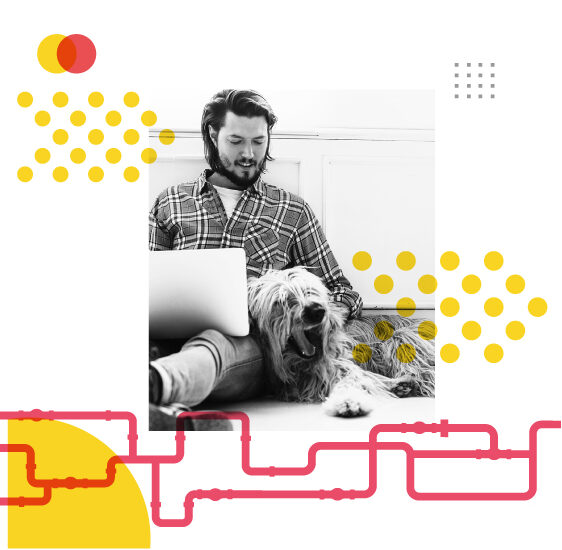There is great potential to use co-creation in sustainable heating transitions with opportunities for homeowners, neighbourhoods, and municipalities to move away from coal, gas, and oil. A paper published in Energy Research and Social Science by the work package two research team in the SHIFFT project considered “Co-creation as a Social Process for Unlocking Sustainable Heating Transitions in Europe”. They found that there were opportunities to better understand what works well when it comes to implementing co-creation, what doesn’t work so well, and how different conditions affect its implementation. Because co-creation is a non-linear method, having methods to monitor, evaluate, and feed back into the process are essential for understanding the impacts co-creation can have in not just in this project, but in the broader context of sustainable heating transitions.
With this in mind, a cross-border workshop held on April 15th began with an overview of how, in the SHIFFT project, we are working to understand and evaluate the benefits and constraints of using co-creation in sustainable heating transitions. Working and learning alongside partners in the project who are implementing different approaches to co-creation gives us a unique opportunity to look at how co-creation has been used so far, how experiences of co-creation vary, and what effects it has had.
In advance of the workshop, project partners contributed to an online Miro board where ideas about what co-creation means and what successful co-creation looks like were collected. The responses raised important issues for co-creation including: How do we define success? Would the result be better with or without co-creation? It revealed that co-creation offered opportunities for bringing different perspectives together to address complex problems but needed additional resources in terms of time and money and there were doubts about whether returns on these investments would be sufficient.
In the workshop itself, we were joined by co-creation expert, Meia Wippoo from Waag Technology and Society who shared with us Waag’s approach to co-creation and explained why co-creation can be difficult and how some of the pitfalls can be avoided. Workshop attendees were asked about their understanding of and experiences with co-creation and used Padlet boards to record their thoughts. Real-world examples of co-creation in Fourmies, Hauts-de-France, Mechelen, Middelburg, Bruges, and Norwich gave a sense of how co-creation was influenced by different national contexts.
Given the complexity of sustainable heating transitions and co-creation processes, monitoring and evaluating the processes and outcomes of co-creation has an essential role. The evaluation process enables to us to establish what happened when, who was involved, which opportunities and challenges were experienced, and provide a more nuanced understanding of why outcomes were or were not achieved.


